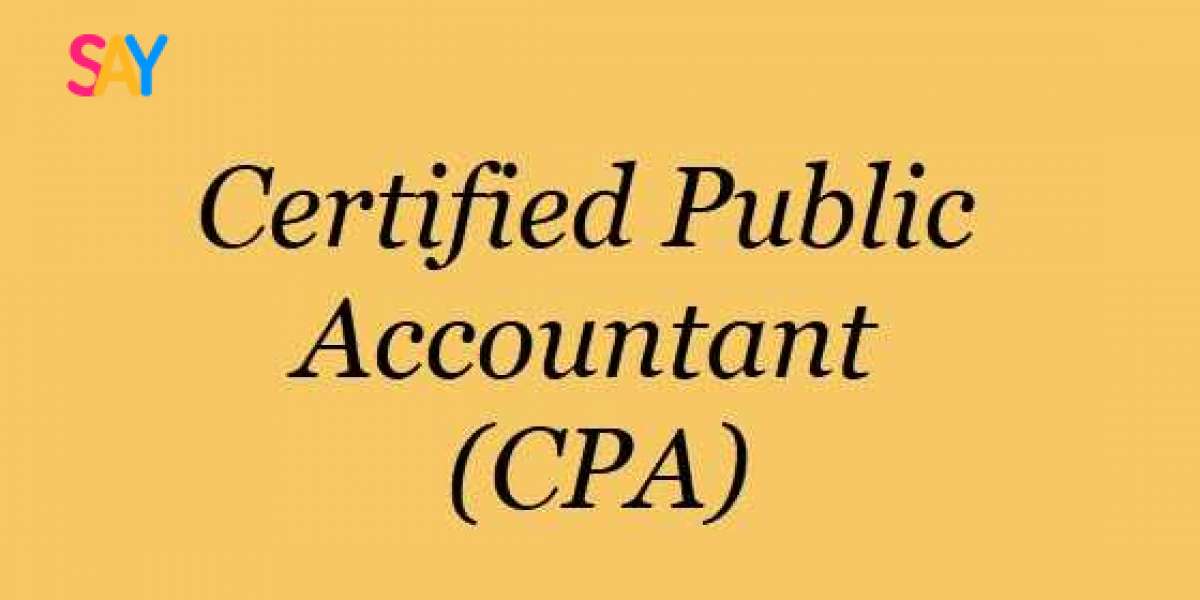In the realm of finance and accounting, becoming a Certified Public Accountant (CPA) is a notable aspiration, signifying expertise, dedication, and a high standard of professional ethics. This detailed guide aims to demystify the CPA course details and provide a comprehensive insight into the CPA course fees, essential for those embarking on this professional journey.
Introduction: The Value of CPA Certification
The CPA designation stands at the pinnacle of the accounting profession, offering a pathway to diverse career opportunities and financial rewards. CPAs are recognized for their skills in financial management, auditing, taxation, and business strategy, making them invaluable in various sectors.
CPA Course Overview
Eligibility and Prerequisites
The first step towards CPA certification is understanding the eligibility criteria. Typically, candidates need a bachelor’s degree in accounting or a related field. In many jurisdictions, additional academic credits are required to meet the 150-hour standard.
CPA Course Curriculum
The CPA course is structured to provide comprehensive knowledge in key areas of accounting:
- Auditing and Attestation (AUD): This section focuses on audit processes, principles, and ethics.
- Business Environment and Concepts (BEC): It covers essential business concepts, corporate governance, and financial management.
- Financial Accounting and Reporting (FAR): This area delves into financial reporting, accounting standards, and GAAP principles.
- Regulation (REG): Encompassing business law, taxation, and regulatory frameworks.
CPA Exam Format
The CPA exam, known for its rigor, is a computer-based test divided into four sections. Each section includes multiple-choice questions, task-based simulations, and written communication tasks, designed to test candidates' knowledge and application skills in real-world scenarios.
Understanding CPA Course Fees
Pursuing CPA certification involves various fees, which are crucial for candidates to plan their finances:
- Examination Fees: These cover the cost of all four sections of the CPA exam.
- Application Fees: Varying by state, application fees.
- Review Course Expenses: Many candidates invest in CPA review courses offering structured study materials and guidance.
- Licensing Fees: After passing the exam, additional fees are required for obtaining the CPA license, varying by jurisdiction.
- Continuing Education Costs: CPAs must undertake continuing professional education, incurring ongoing expenses.
Preparing for the CPA Exam
The CPA exam preparation is intense and requires a disciplined approach. Candidates often resort to review courses, study groups, and practice exams. Balancing professional commitments and personal life with study is a key challenge during this phase.
Career Opportunities for CPAs
A CPA license opens a multitude of career paths. Opportunities abound in public accounting, corporate finance, governmental agencies, and non-profit organizations. CPAs often ascend to roles like auditors, tax advisors, financial controllers, and chief financial officers, enjoying higher salaries and job security.
The Return on Investment
The investment in time, effort, and money to become a CPA is substantial, but the rewards are significant. CPAs enjoy higher earning potential, enhanced career opportunities, and are respected as ethical and knowledgeable professionals in the field.
Conclusion
The journey to CPA certification is challenging but immensely rewarding. Understanding the CPA course details and fees is essential for aspiring accountants. The CPA designation not only opens doors to a myriad of career opportunities but also serves as a testament to one's commitment and expertise in the accounting profession. For those aiming for the upper echelons of accounting, the CPA pathway is a pursuit well worth the effort.




